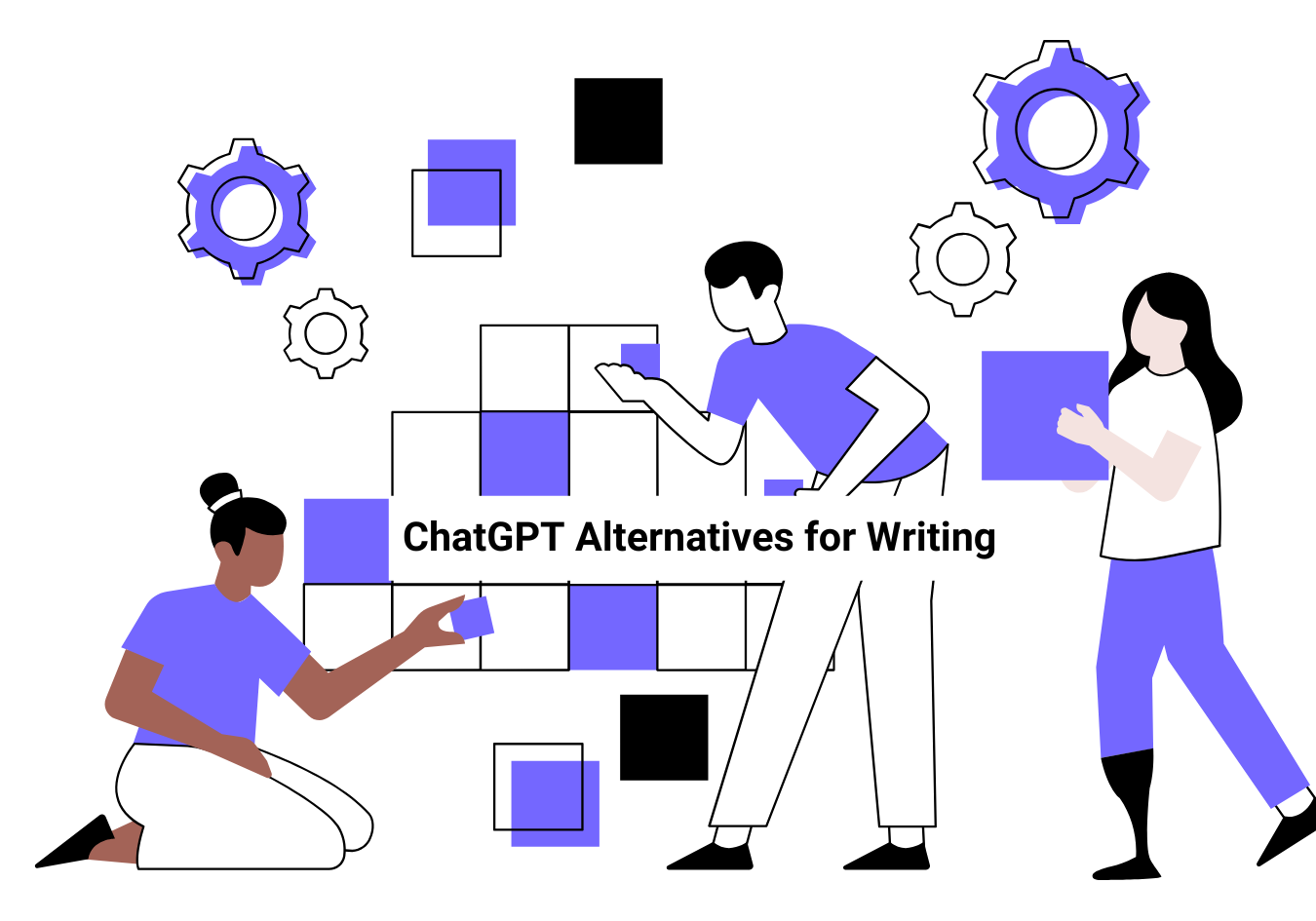Test AI on YOUR Website in 60 Seconds
See how our AI instantly analyzes your website and creates a personalized chatbot - without registration. Just enter your URL and watch it work!
Introduction: The Evolution of SEO in the AI Era
In the past, SEO primarily focused on keyword optimization and backlinks, but now it’s about understanding user intent, creating valuable content, and leveraging machine learning tools to optimize performance. This blog explores how AI is shaping the future of SEO, the benefits it brings, and how businesses can harness its power to stay competitive in the digital marketing landscape.
The Role of AI in Modern SEO Strategies
Content Optimization: AI-powered tools can analyze vast amounts of data to suggest relevant keywords, identify high-ranking content strategies, and even optimize headlines and meta descriptions for maximum engagement. These tools ensure that your content is not only keyword-rich but also user-friendly and designed to meet the specific needs of your target audience.
Search Engine Algorithms: Google’s search algorithms are heavily influenced by machine learning and AI. Algorithms like RankBrain and BERT analyze user intent and context, helping to deliver more relevant results. Understanding these AI-powered algorithms is critical for SEO professionals looking to keep up with the competition.
Predictive Analytics: AI can predict future SEO trends by analyzing past data and identifying emerging patterns. This predictive ability allows businesses to proactively adapt their SEO strategies, ensuring they stay ahead of industry changes and continue to rank well in search results.
AI-Powered Content Creation and Optimization
Content Generation Tools: AI-based platforms like GPT-3 (the model behind ChatGPT) and tools like Jasper or Copy.ai can generate content ideas, write blog posts, or even produce entire articles that are SEO-friendly. These tools can analyze search trends, keyword relevance, and even emotional tone to create content that resonates with both users and search engines.
Content Personalization: AI also plays a role in personalizing content for specific user segments. By analyzing user behavior, AI can suggest content topics and formats that are most likely to engage individual visitors. This personalized approach can significantly enhance user experience and lead to higher engagement rates, improving your site's SEO performance.
Content Quality and Readability: AI-driven content optimization tools, like Grammarly and Hemingway, can help refine content to meet readability standards. These tools suggest edits that improve clarity, sentence structure, and style, ensuring that content not only ranks well but is also easy to read and valuable for the audience.
AI in Keyword Research and Optimization
Advanced Keyword Analysis: AI-powered keyword tools can analyze search volume, user intent, and competition, providing a deeper understanding of which keywords are most valuable for your business. These tools can identify long-tail keywords that may have been overlooked by traditional SEO methods.
Topic Clusters: AI is helping businesses organize content into topic clusters—groups of related content centered around a main theme. This approach not only improves SEO but also enhances user experience by providing comprehensive, well-organized information that answers multiple questions in one place.
Intent-Based Keywords: AI tools help identify not just the keywords that users type into search engines but the intent behind those searches. By understanding whether users are looking for information, products, or services, businesses can tailor their content to better meet their audience's needs, resulting in higher engagement and conversion rates.
AI and User Experience (UX): The New SEO Frontier
Personalized User Journeys: AI can analyze user data to personalize their experience on a website. For example, AI can recommend products, services, or articles based on previous interactions, creating a more engaging and tailored experience for the visitor. This level of personalization not only improves user satisfaction but also boosts dwell time, a key factor in SEO rankings.
Voice Search Optimization: With the rise of virtual assistants like Siri and Alexa, voice search is becoming increasingly important for SEO. AI is helping businesses optimize their content for voice queries, which tend to be longer and more conversational than traditional text-based searches. This shift requires SEO strategies to adapt and optimize for natural language patterns.
Page Speed and Mobile Optimization: AI-powered tools like Google's PageSpeed Insights and Lighthouse can analyze your website’s performance and suggest improvements. Since page speed is a critical ranking factor, these tools can help ensure your website loads quickly, improving both UX and SEO.
Test AI on YOUR Website in 60 Seconds
See how our AI instantly analyzes your website and creates a personalized chatbot - without registration. Just enter your URL and watch it work!
AI-Driven Link Building
Automated Link Prospecting: AI tools can automatically identify high-authority websites that are relevant to your niche, making it easier to acquire backlinks from reputable sources. These tools analyze site metrics, content quality, and relevance to ensure that the links you build are valuable for your SEO strategy.
Content Outreach: AI can also assist in the outreach process by automating email campaigns and suggesting personalized messaging to potential link partners. By using machine learning, these tools can predict which outreach strategies are most likely to succeed, increasing the efficiency of your link-building efforts.
Improved Link Quality Analysis: AI tools can evaluate the quality of backlinks more effectively than traditional methods, helping businesses avoid low-quality or spammy links that can harm their SEO performance. This ensures that link-building strategies are both effective and compliant with search engine guidelines.
The Future of SEO: What’s Next in the Age of AI?
AI-Generated SEO Strategies: In the future, we may see AI tools that can automatically generate entire SEO strategies based on real-time data analysis, competitive research, and user behavior trends. This could significantly reduce the time and effort required for SEO planning and execution.
Increased Automation: SEO automation will continue to improve, allowing businesses to handle routine tasks like content optimization, keyword tracking, and performance analysis with minimal human intervention. This will allow SEO professionals to focus on more strategic aspects of their campaigns.
Better Integration with Other Marketing Channels: As AI becomes more integrated with other digital marketing channels (such as email marketing, social media, and paid search), SEO will become a more seamless part of an integrated marketing strategy, optimizing the entire customer journey from discovery to conversion.
Conclusion: Embracing the AI-Driven SEO Future
By leveraging the power of AI, businesses can optimize their websites, improve user experience, and enhance content strategy to drive higher engagement and better search rankings. As AI continues to evolve, SEO will become increasingly data-driven, personalized, and automated, giving businesses the tools they need to succeed in an ever-changing digital world.






